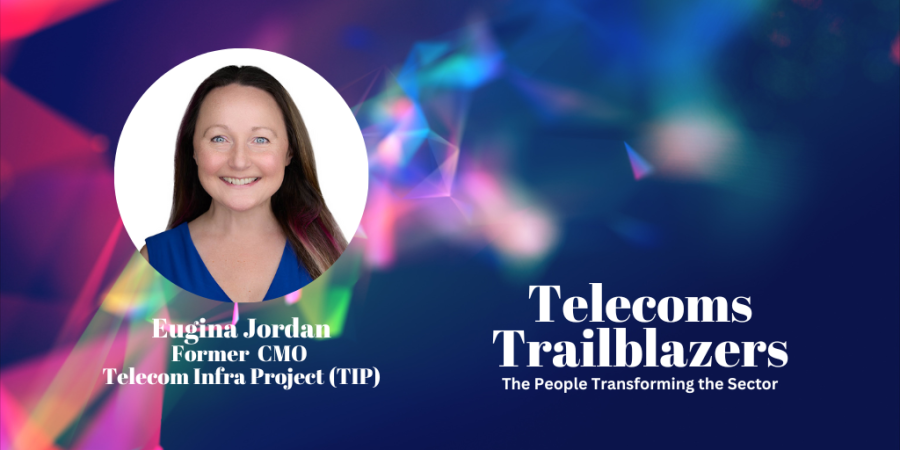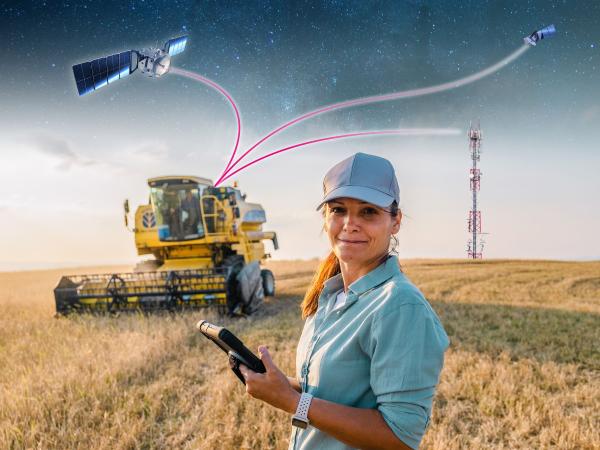
Hello, I’m Eugina Jordan, former CMO of Telecom Infra Project (TIP). Based in South Carolina, I have worked in the telecoms sector for 25 years. I am a marketer and technologist, with 12 patents in telecom Open RAN, AI and 5G.
TIP is a global community of companies and organisations driving infrastructure solutions to advance global connectivity. The goal is to deploy solutions, enabling innovation. The process is simple: operator members bring their requirements, vendor members create a joint roadmap and the solutions are tested and validated.
One of TIP's current focuses is current focus is a UK government project, Project ARIANE (Accelerating RAN Intelligence across Network Ecosystems). It is a continuation of the RAN Intelligence in 5G project (ARI-5G), which tested and validated RIC applications. The objective is to further the UK Cause for RAN Intelligence and software development, supported by Adtran and involving nine partners: TIP, Accenture, Amdocs UK Limited, Arqit UK, BT Group plc, HCL Technologies, Net Reply UK, Viavi Solutions UK and VMWare UK.
In addition to my day job, I platform women within the industry. I want women to realise their full potential. Almost three years ago I created the first database of women telecom speakers. I sent all of my industry friends' names to industry publications, and they pledged to be more inclusive. I think the sector is becoming more thoughtful and intentional on this, which is important.
What do you enjoy most about working in this space?
The people! Telecoms is a very friendly industry.
What’s the most ridiculous thing you’ve done in the name of work?
I almost got fired from a previous role. I saw a LinkedIn post from an industry organisation about a panel they had recently hosted, and they posted a picture of seven speakers, all of whom were men. I commented: “This is not a panel, it’s a MANel” and told them they needed to bring diverse voices into the industry. Somebody took a screenshot and sent it to my employer, who told me I needed to remove the comment. I refused and my wise husband said, “If you had got fired, you would not have been able to continue your mission of encouraging women into the sector.”
What excites you most about working in telecoms?
Getting up in the morning and realising you’re building something that helps people. Everything comes back to connectivity. Telecoms facilitates education and access to health applications worldwide, whether you are a pregnant woman in Africa or a sick businessman in the US. Telecoms is about people, anywhere and everywhere – and that drives me.
What would you like people to know about your work?
There are many different jobs in telecoms. People think of the industry as old school but it’s not just engineering and climbing towers. Telecoms is so much more than that. It is at the forefront of innovation globally.
Why is a vibrant, flourishing telecoms ecosystem important for the UK?
The UK is a small but mighty country that leads the way with many different industries and innovations. The world’s only cellphone museum is in the US, yet most telecom innovations have happened in the UK. The country needs to continue its traditions and drive the torch. The rest of the world is looking at the UK for guidance: it provides the foundations for innovations to flourish. The UK DSIT-funded projects have led the way for 5G and the RIC.









